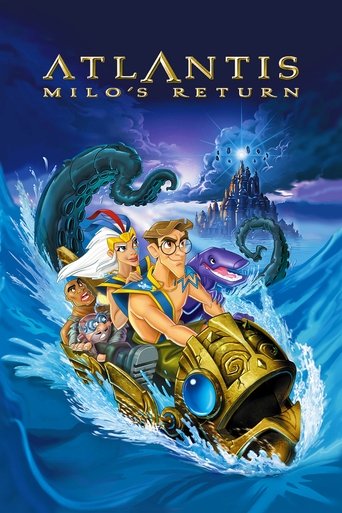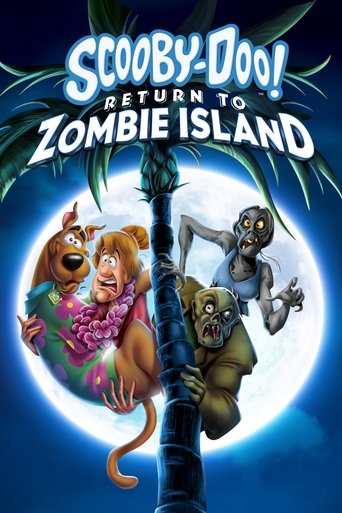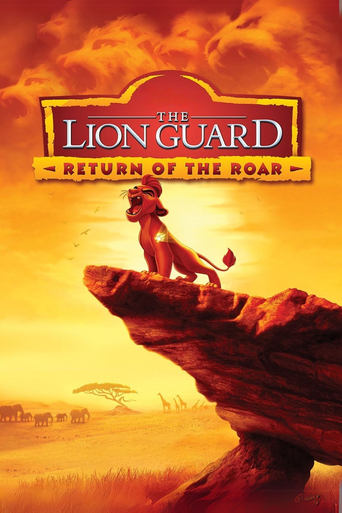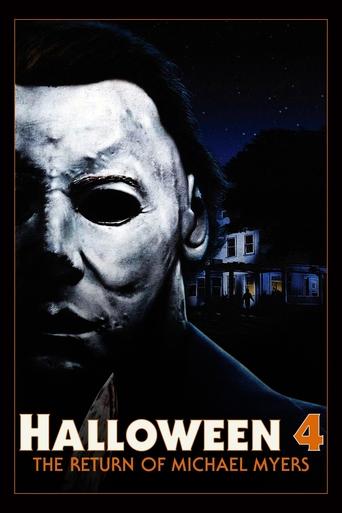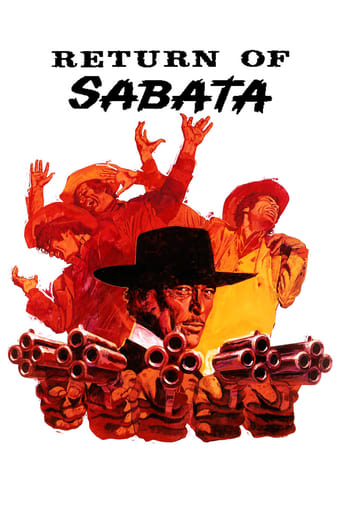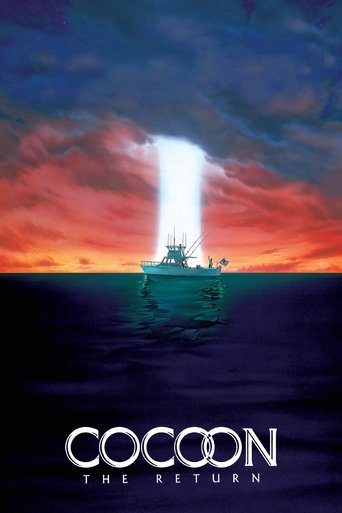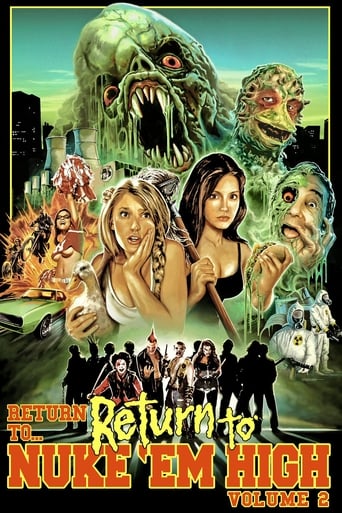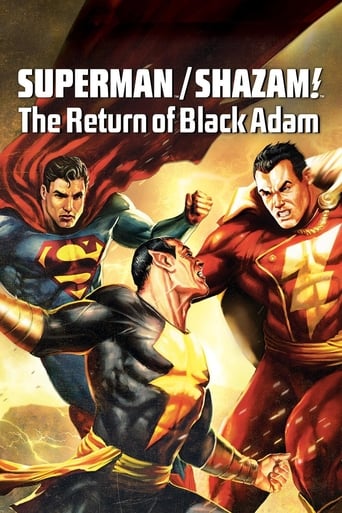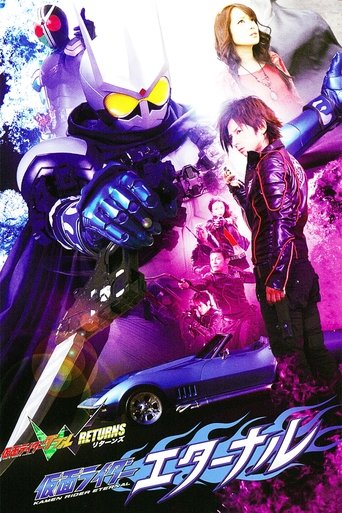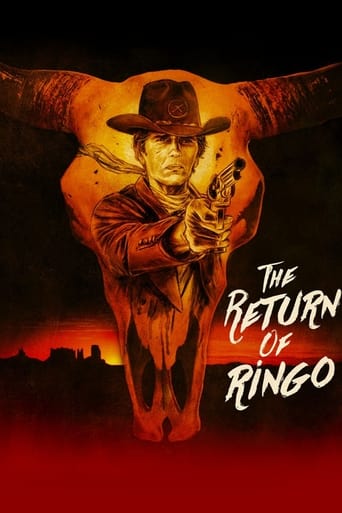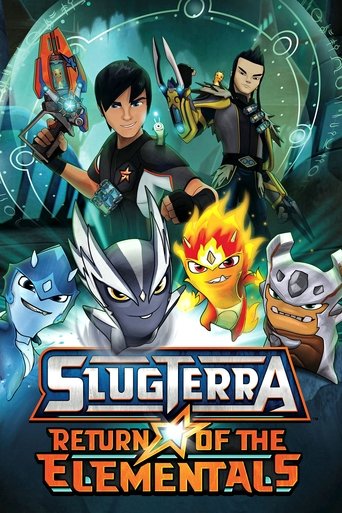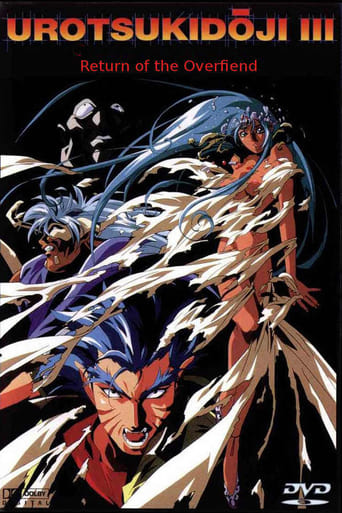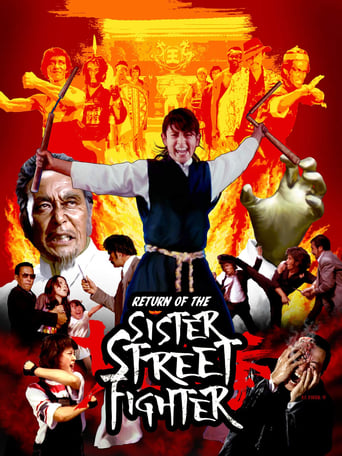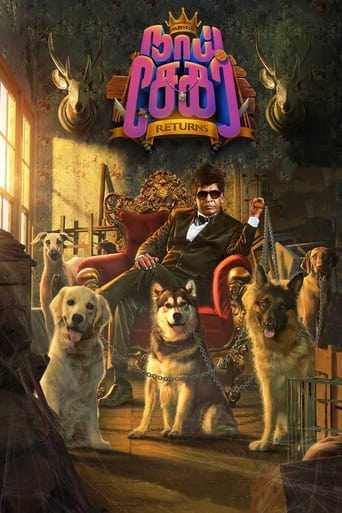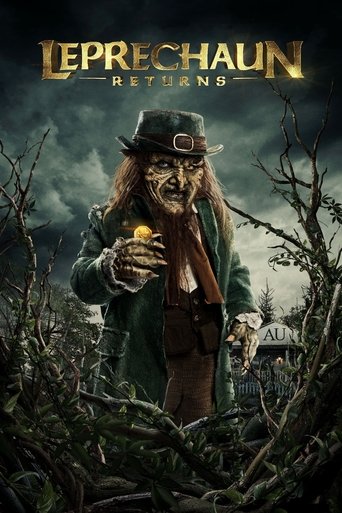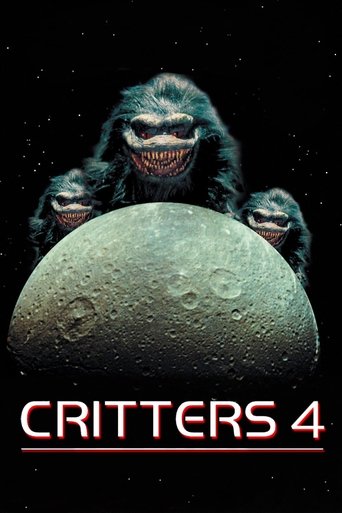The Divided Heart
During World War II, a German woman, Inga, goes missing and is presumed dead. Her infant son is placed in an orphanage where, years later, he's adopted by a childless couple. The adoptive parents' happiness is shattered when Inga reappears and insists on custody of her son.
Cast
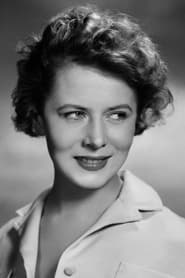
Cornell Borchers
Inga
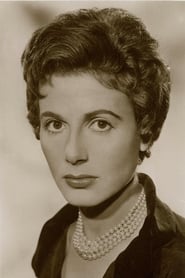
Yvonne Mitchell
Sonja
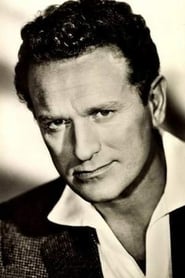
Armin Dahlen
Franz
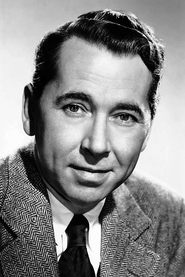
Alexander Knox
Chief Justice
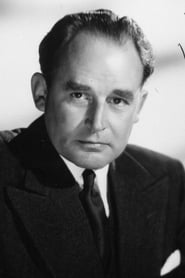
Geoffrey Keen
Marks
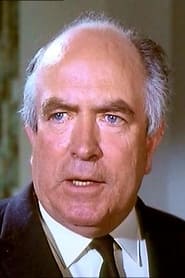
Liam Redmond
First Justice
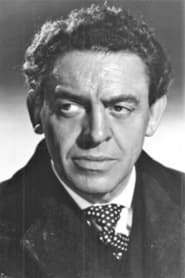
Eddie Byrne
Second Justice
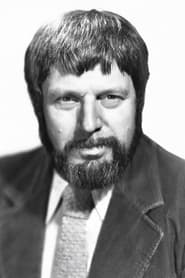
Theodore Bikel
Josip
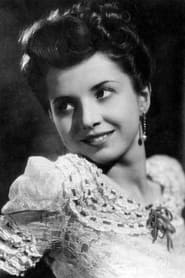
Pamela Stirling
Mlle. Poncet
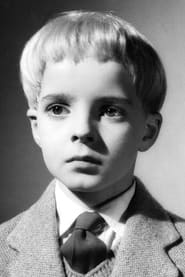
Martin Stephens
Hans
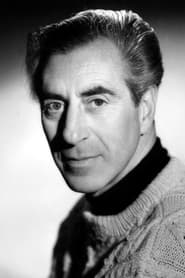
Ferdy Mayne
Dr. Muller
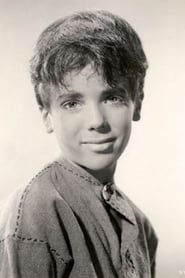
Michel Ray
Toni
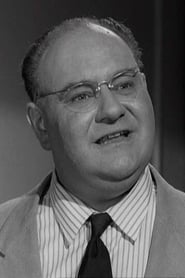
Guy Deghy
Schoolteacher
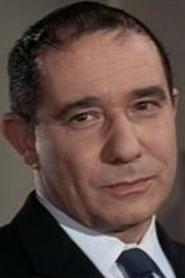
Carl Duering
Postman
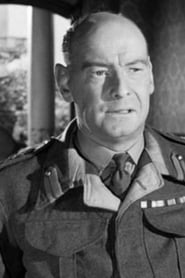
John Welsh
Chief Marshall
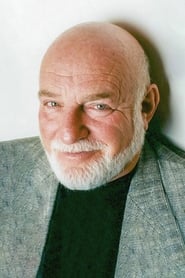
John Schlesinger
Ticket Collector

Alec McCowen
Reporter
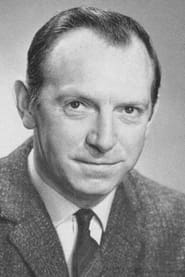
Guy Standeven
Courtroom Spectator (uncredited)
More Like This
Reviews
CinemaSerf
A knock at their door one evening throws the lives of "Inga" (Cornell Borchers) and husband "Franz" (Armin Dahlen) into turmoil. It's a woman from the post war child repatriation division there to try and establish where they got there son "Toni" (Michel Ray) from. They assure her they adopted him legally but after a few rudimentary questions they inform them that his mother "Sonja" (Yvonne Mitchell) wants him to live with her. A court must decide what happens next, and for the remainder of the film we watch as both the "bread" mother and the "blood" mother must metaphorically fight it out. It's delicately portrayed making it quite distressing to watch at times. The three judges - Alexander Knox, Liam Redmond and Eddie Byrne listen carefully and compassionately and as the case unfolds we, like them, realise that there can be no clear winners here - unless it's the ten year old boy who knows little of his wartime life in Slovakia but only of his current life with his new German parents. Perhaps he could decide? He's very young, though - is he competent to make such a choice? Charles Crichton directs with sympathy and he uses Geoffrey Keen quite effectively as a character trying to broker the best from a bad scenario - even if the process is really about securing the best for "Toni". There's a paucity of dialogue here, most of the scenario being presented as objectively as possible allowing us to make our own evaluation. It's touching and exposes a wartime topic not often addressed in cinema.
You've reached the end.


